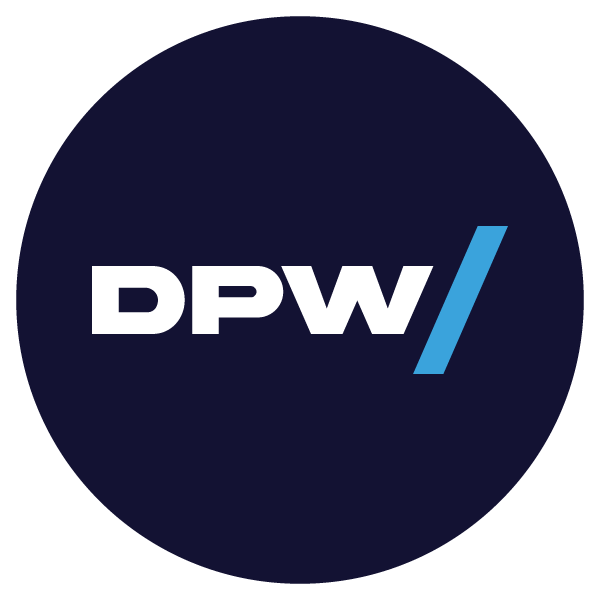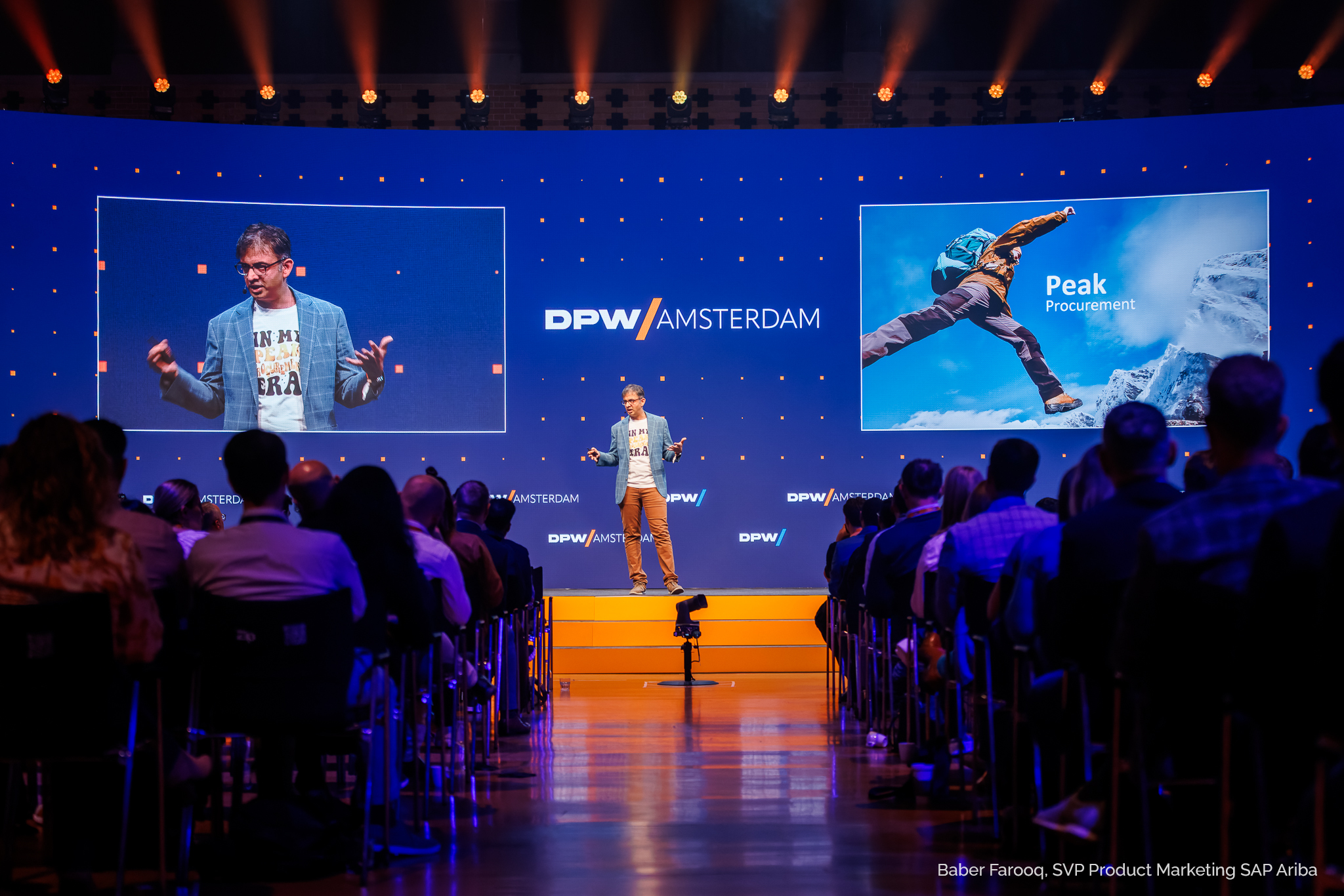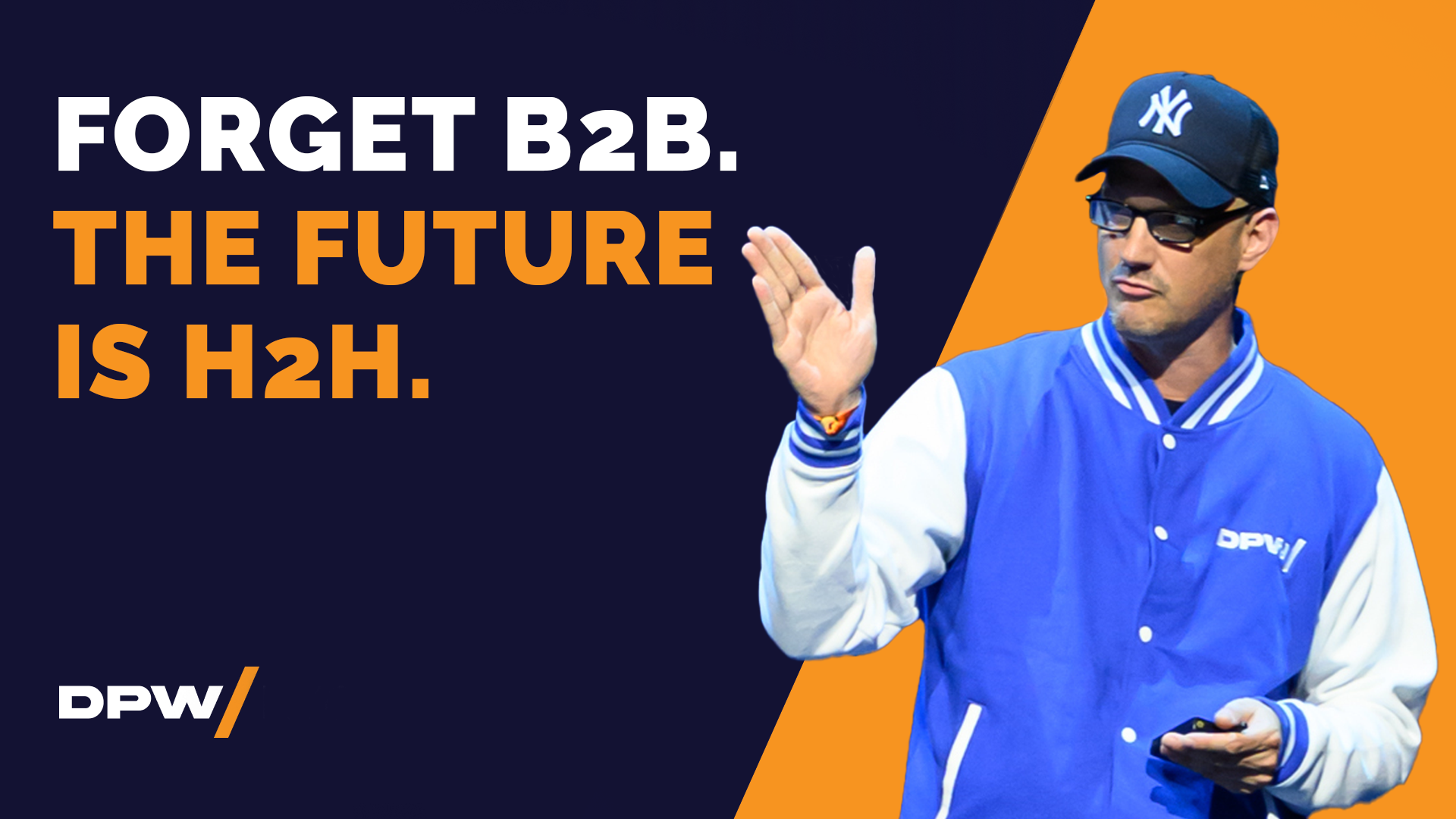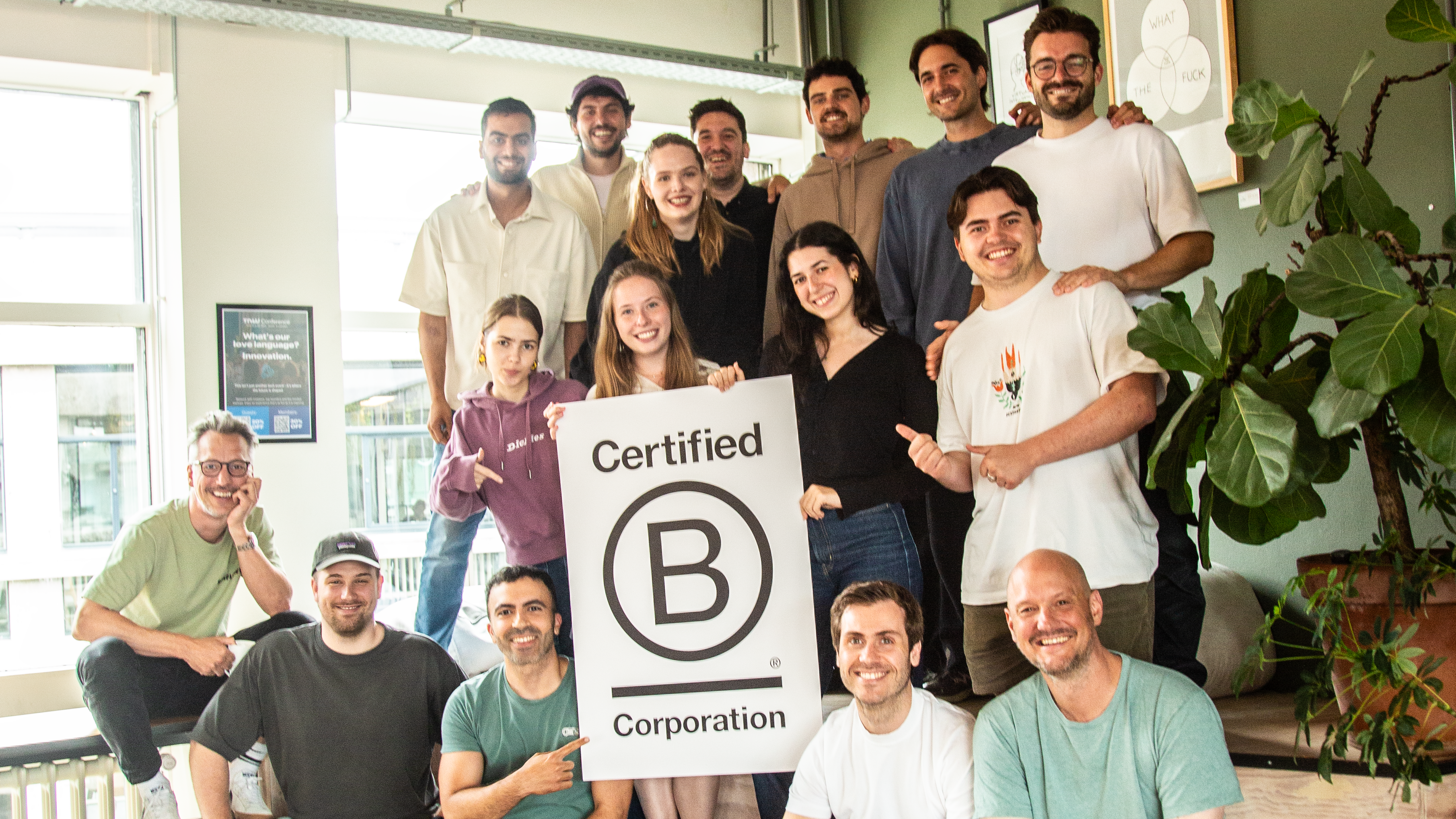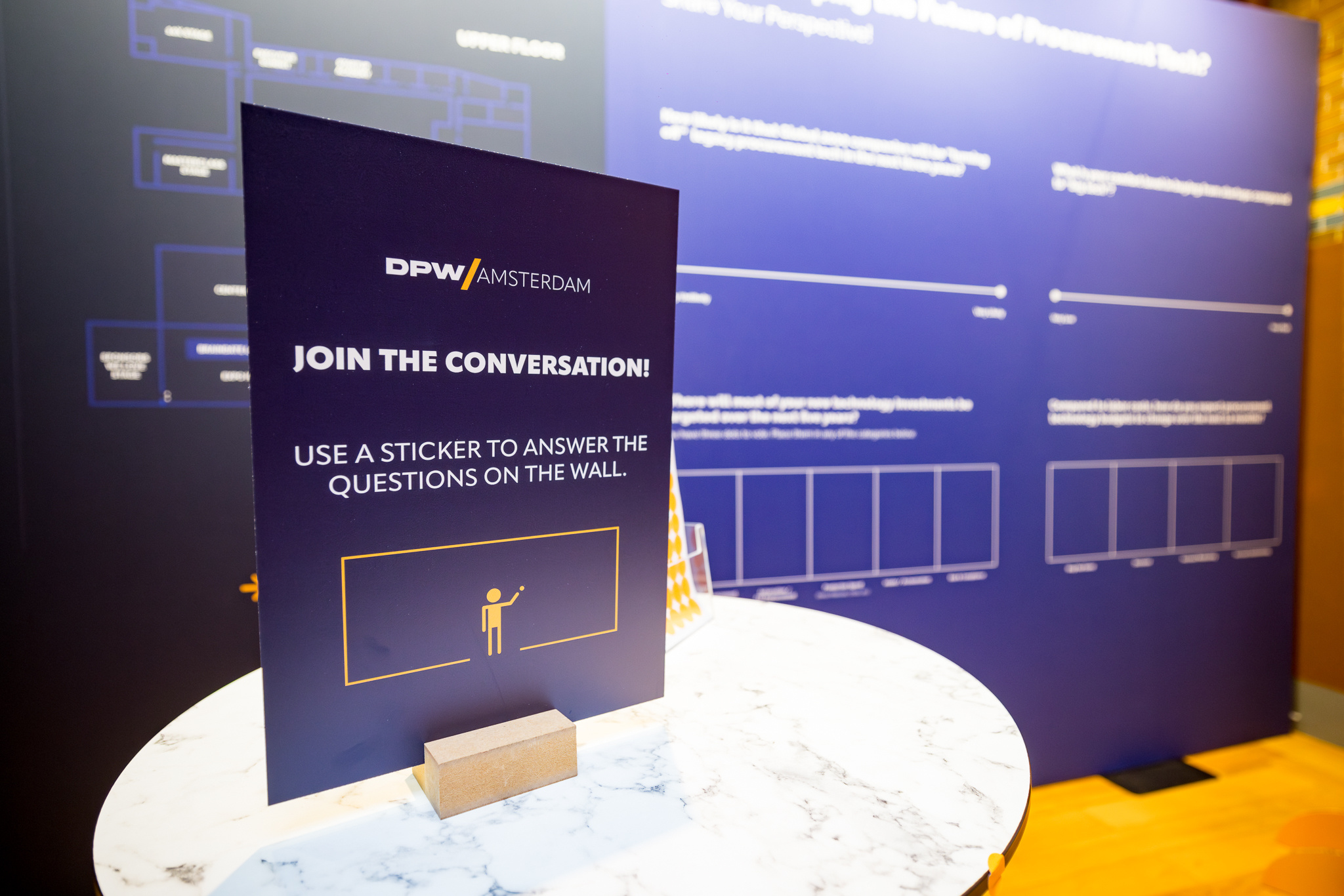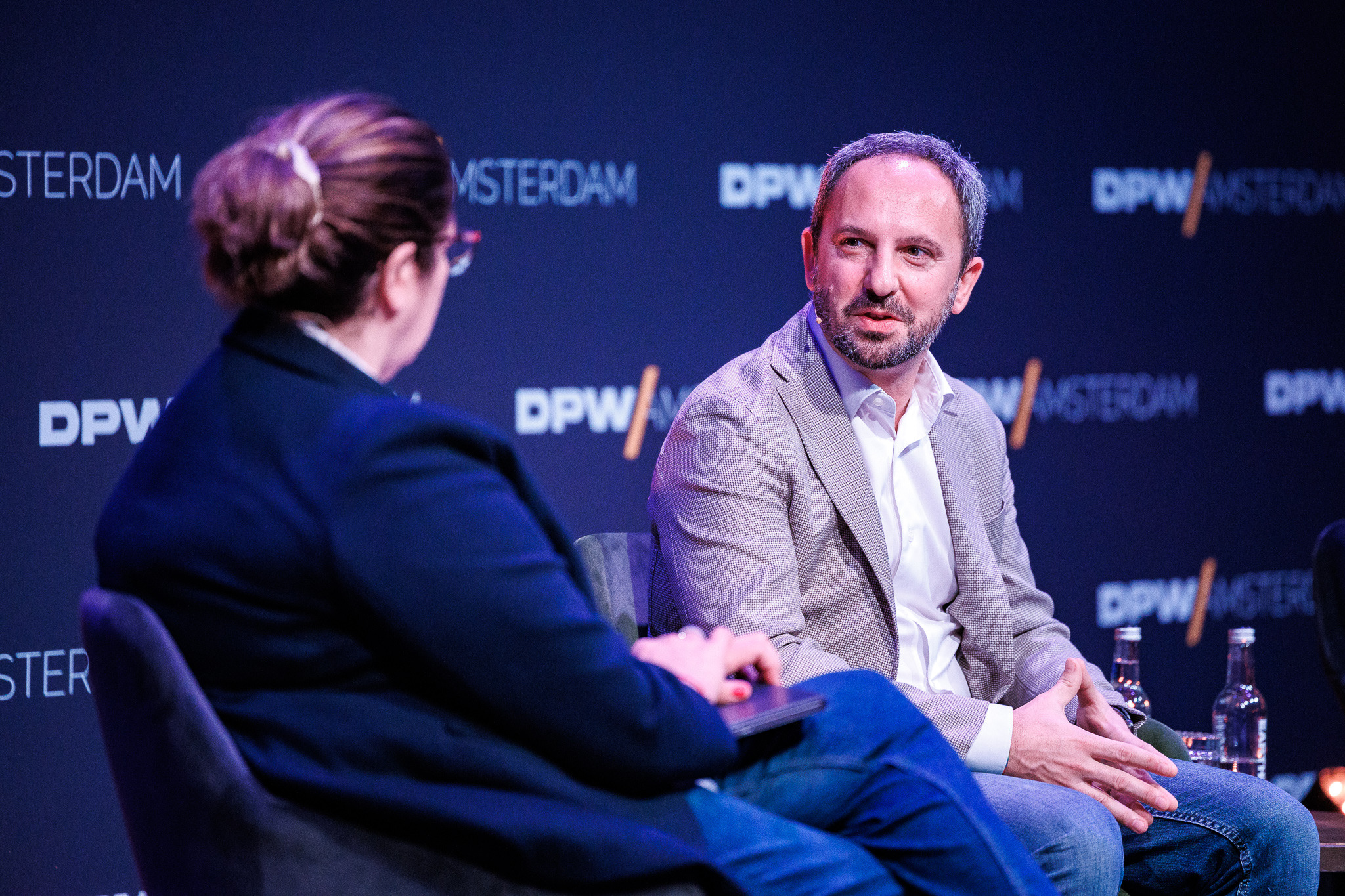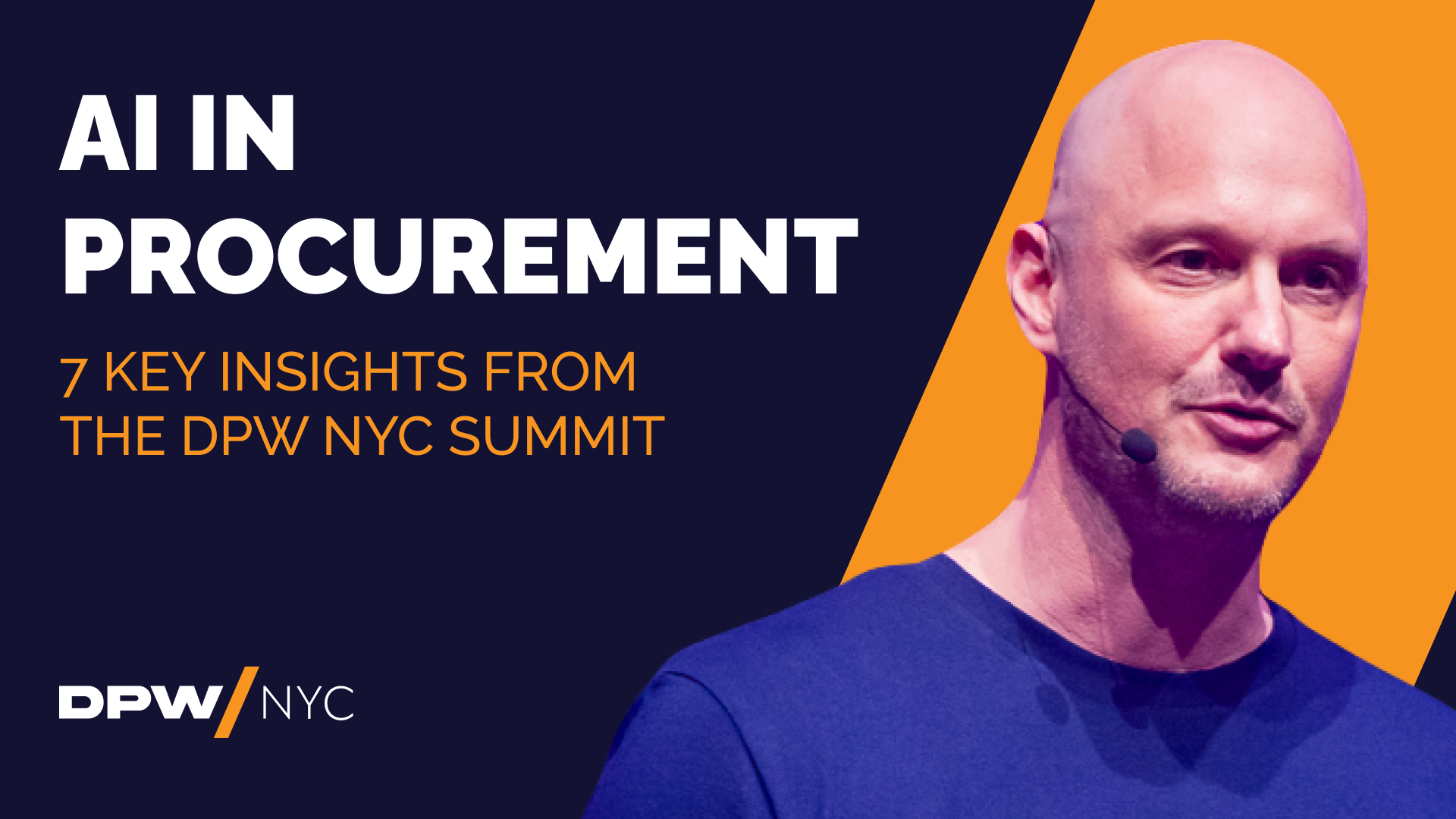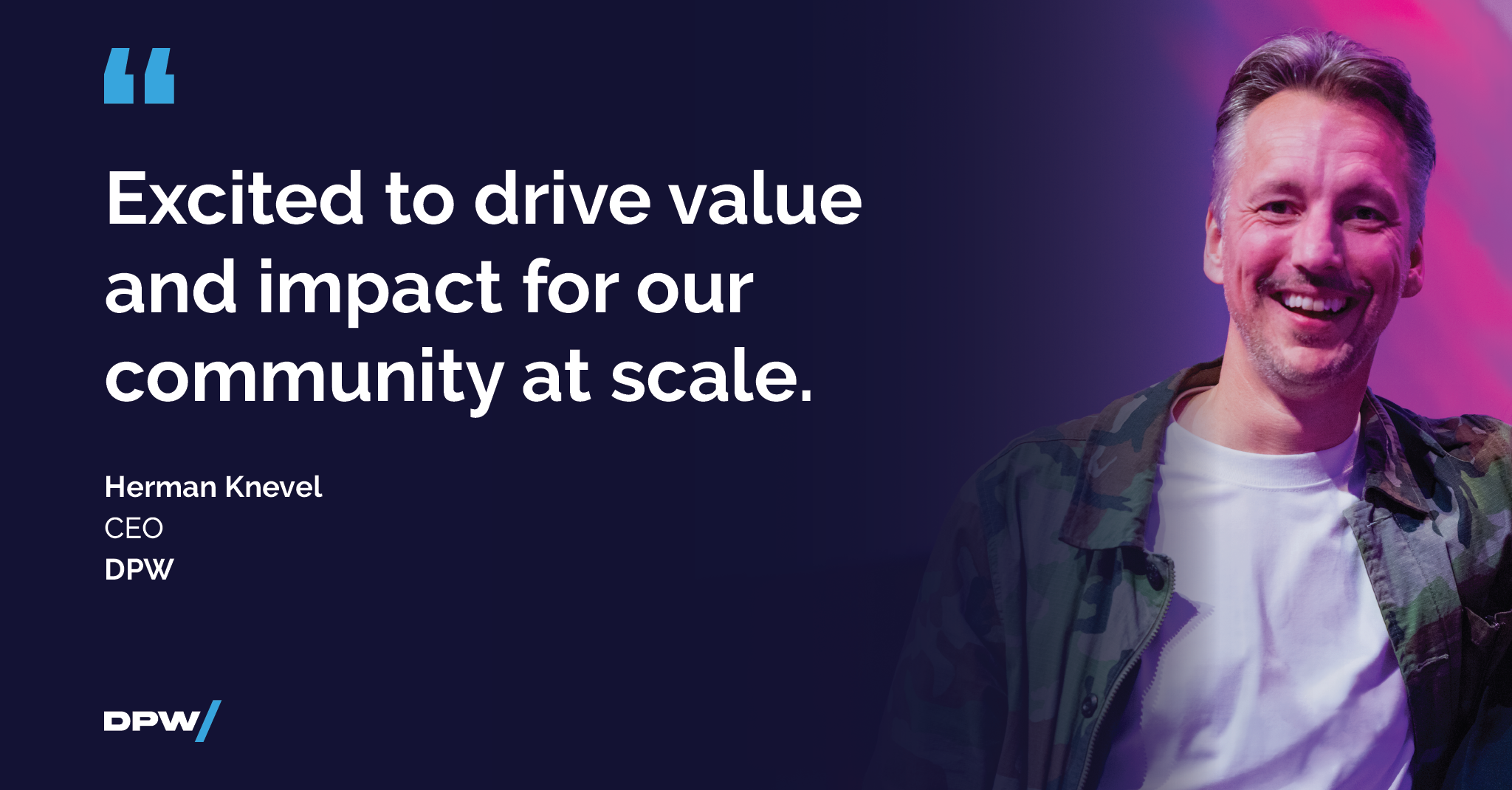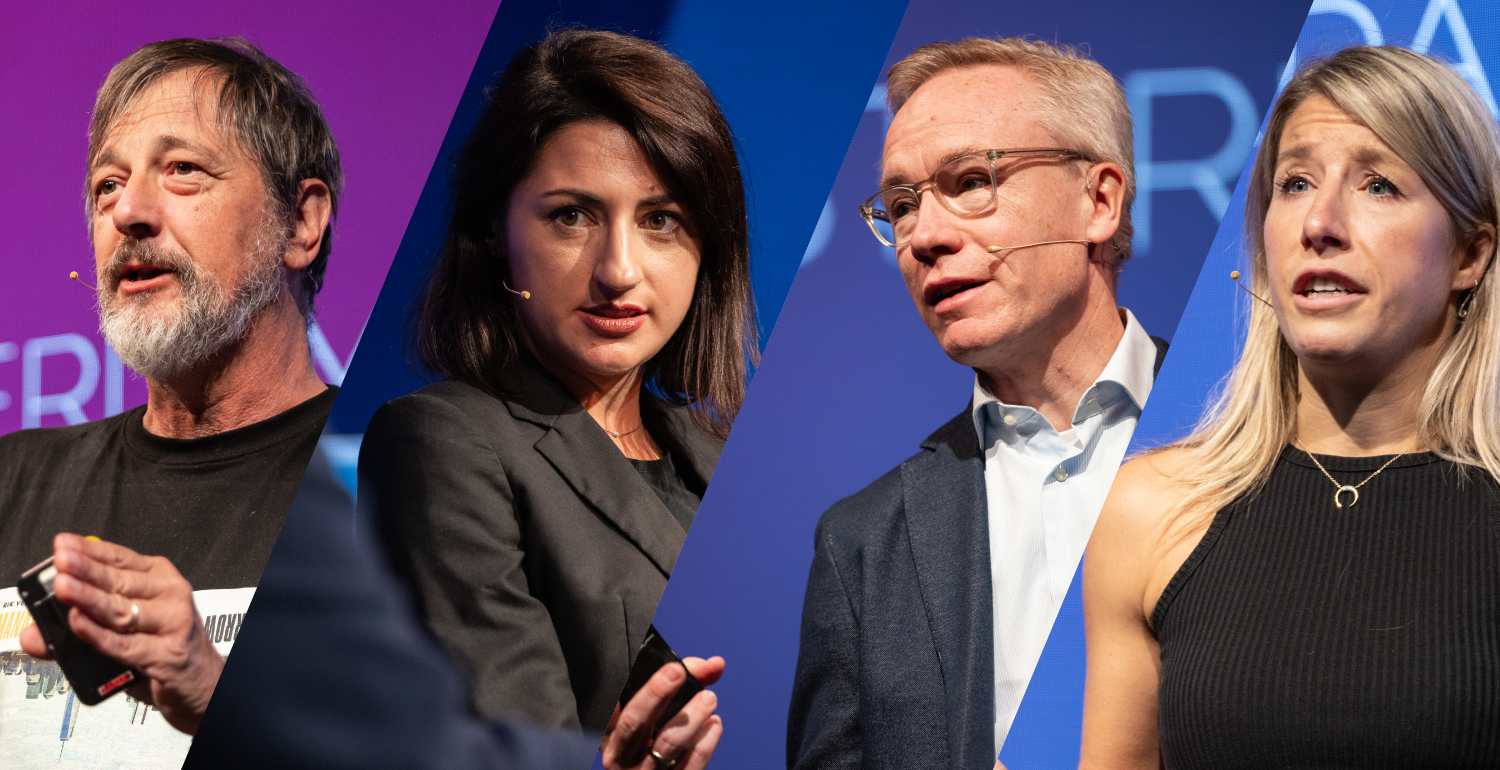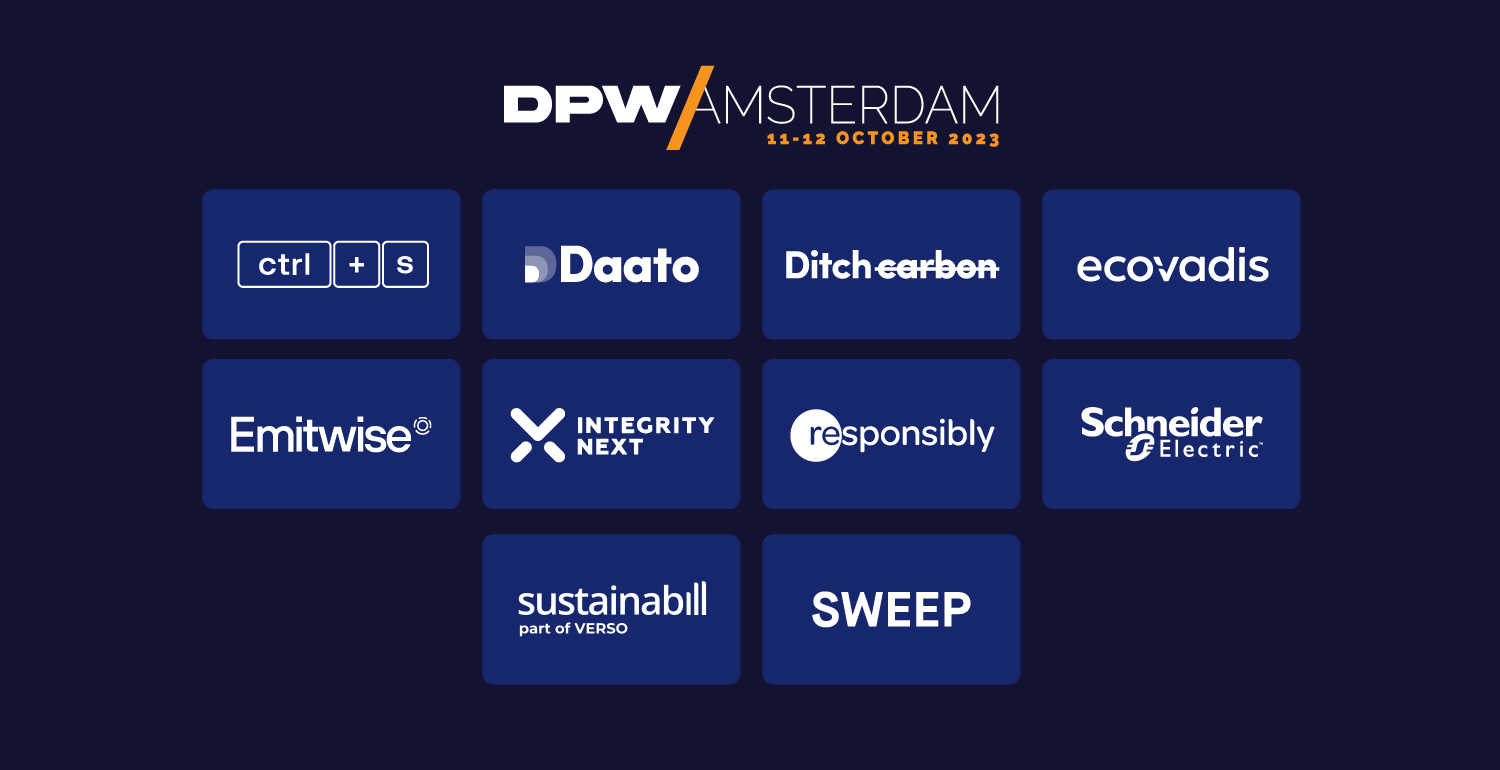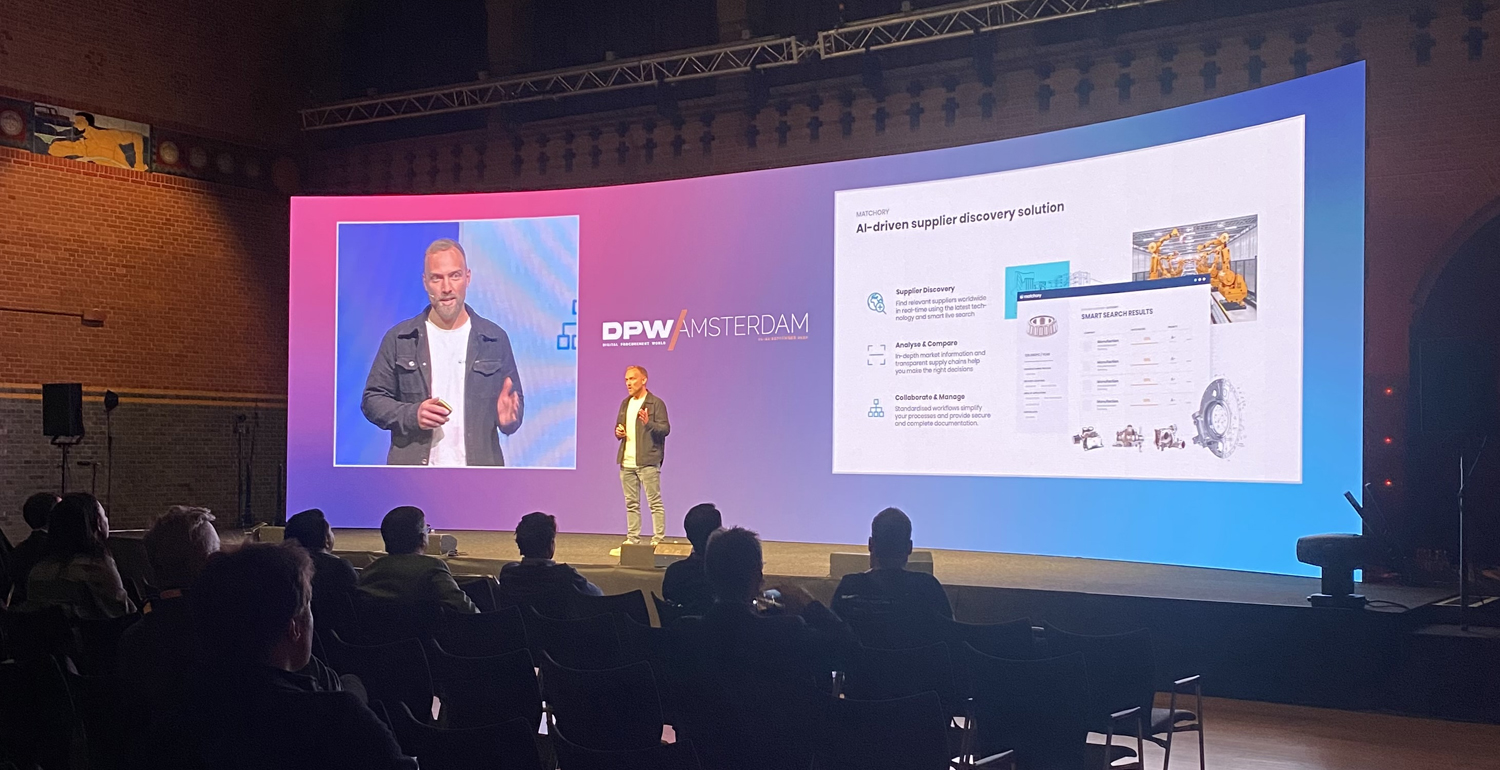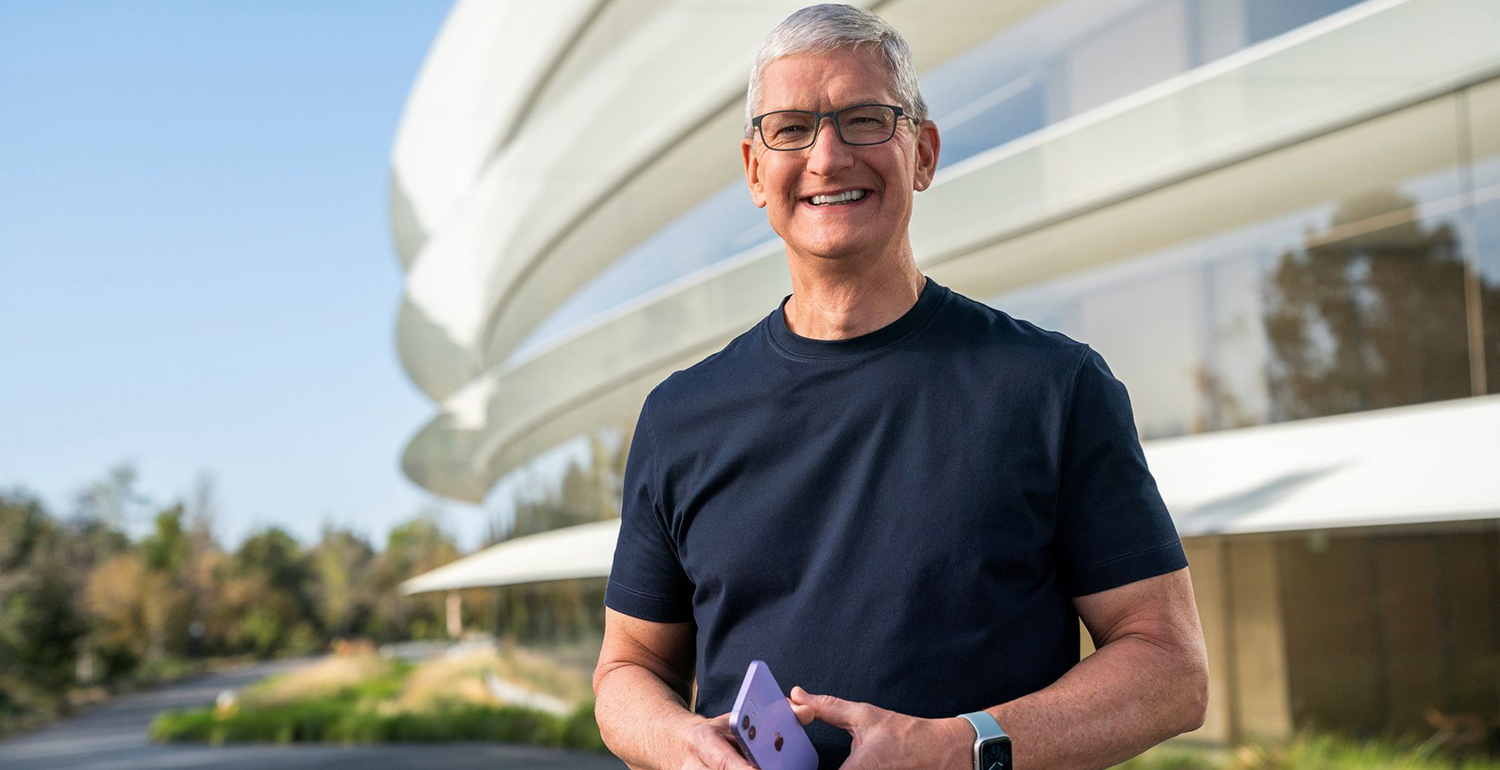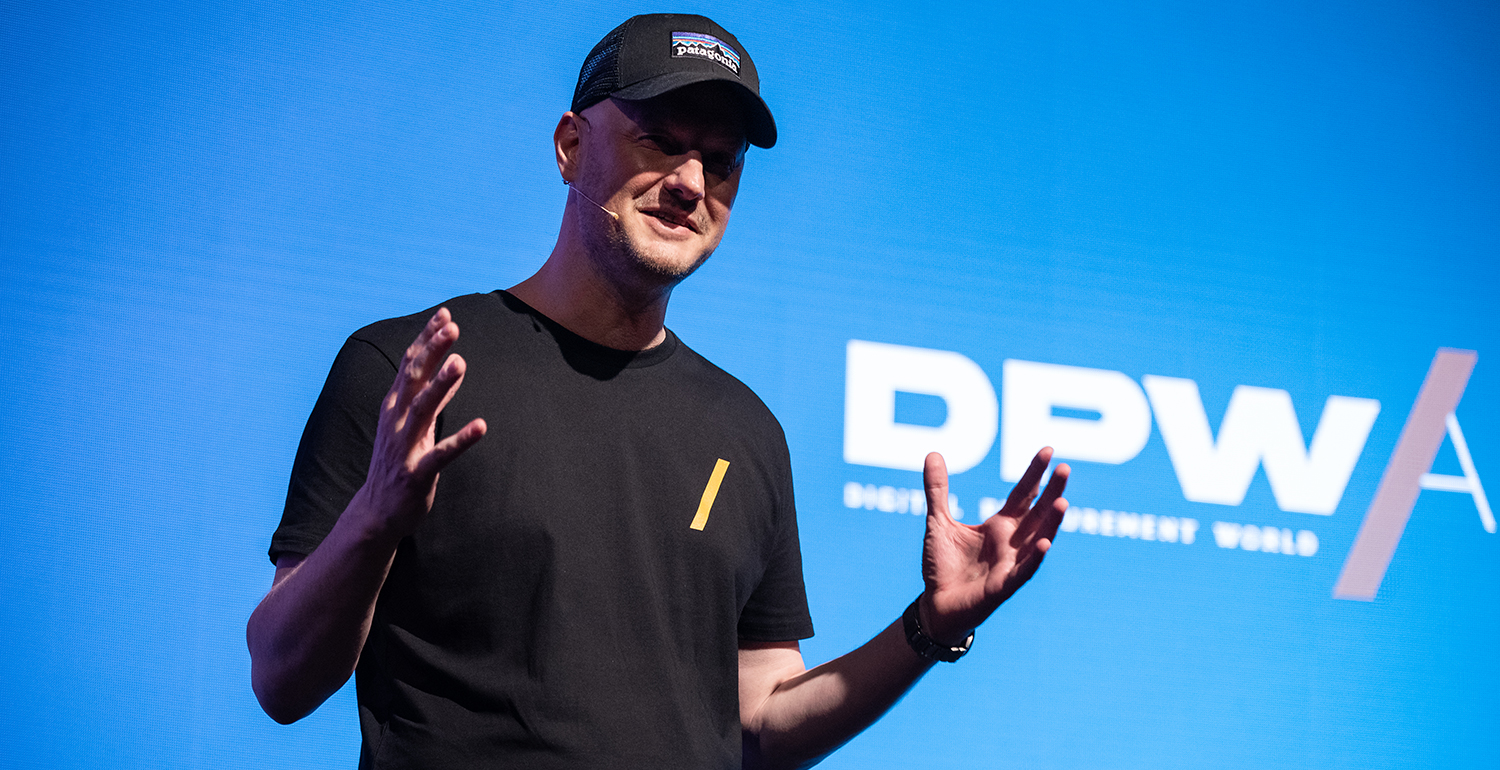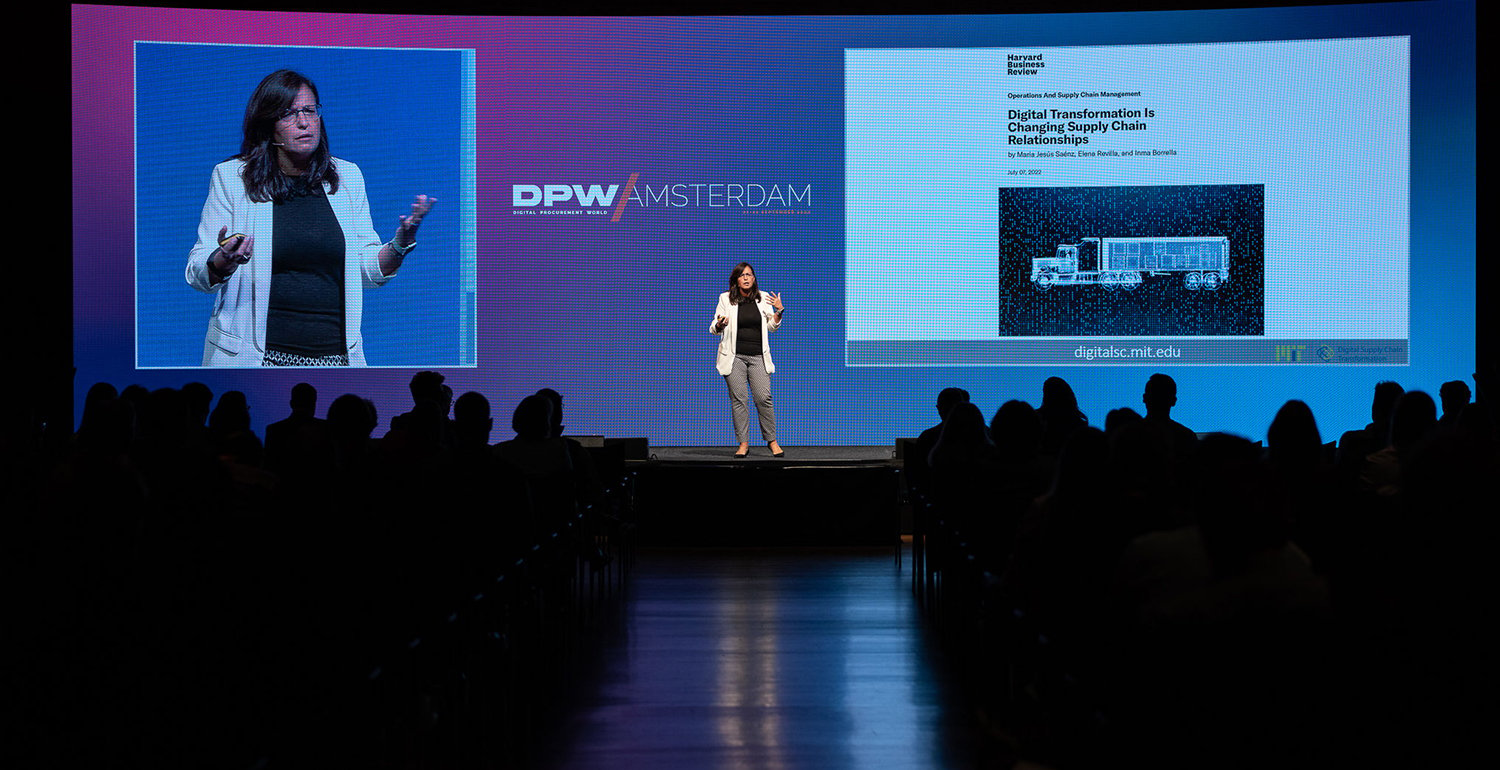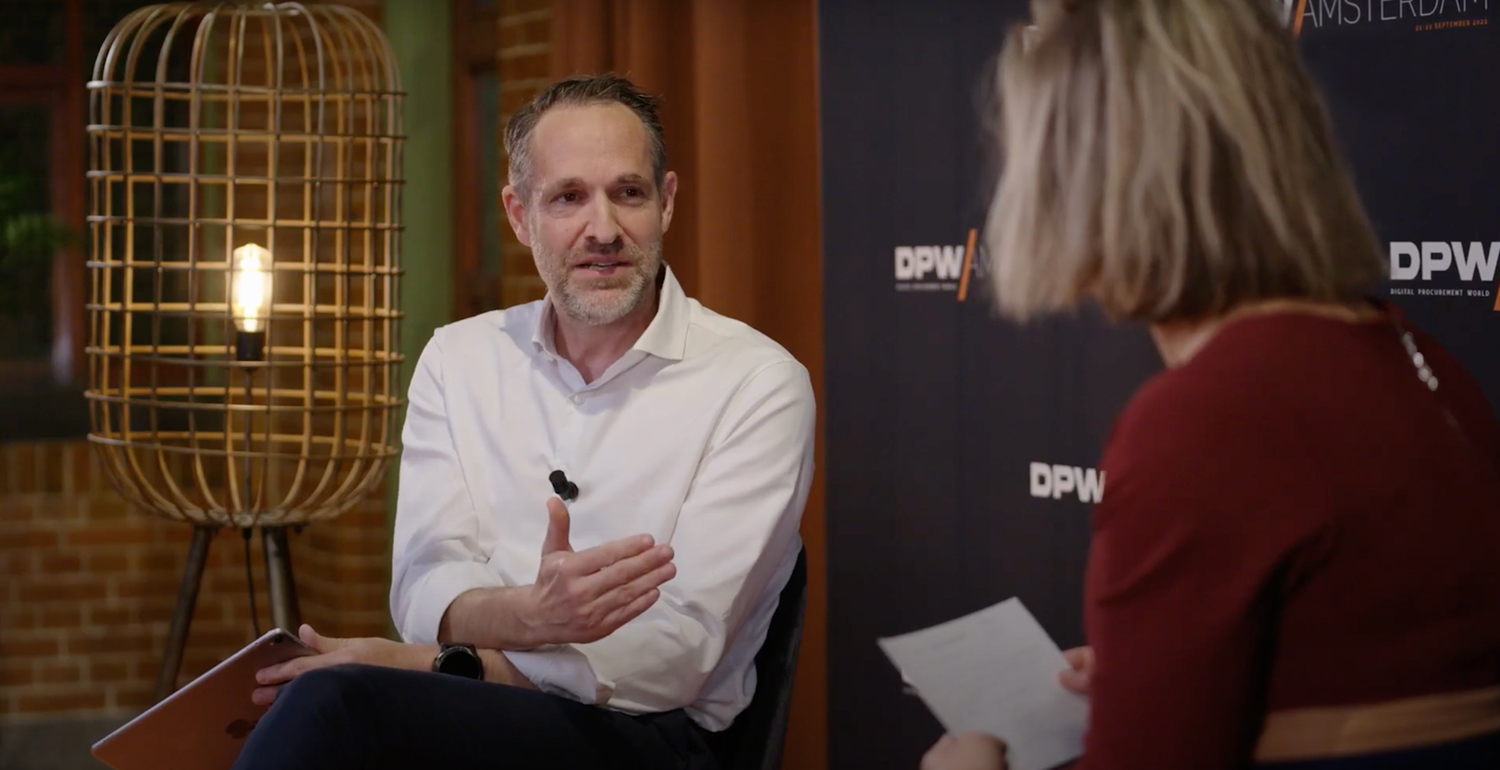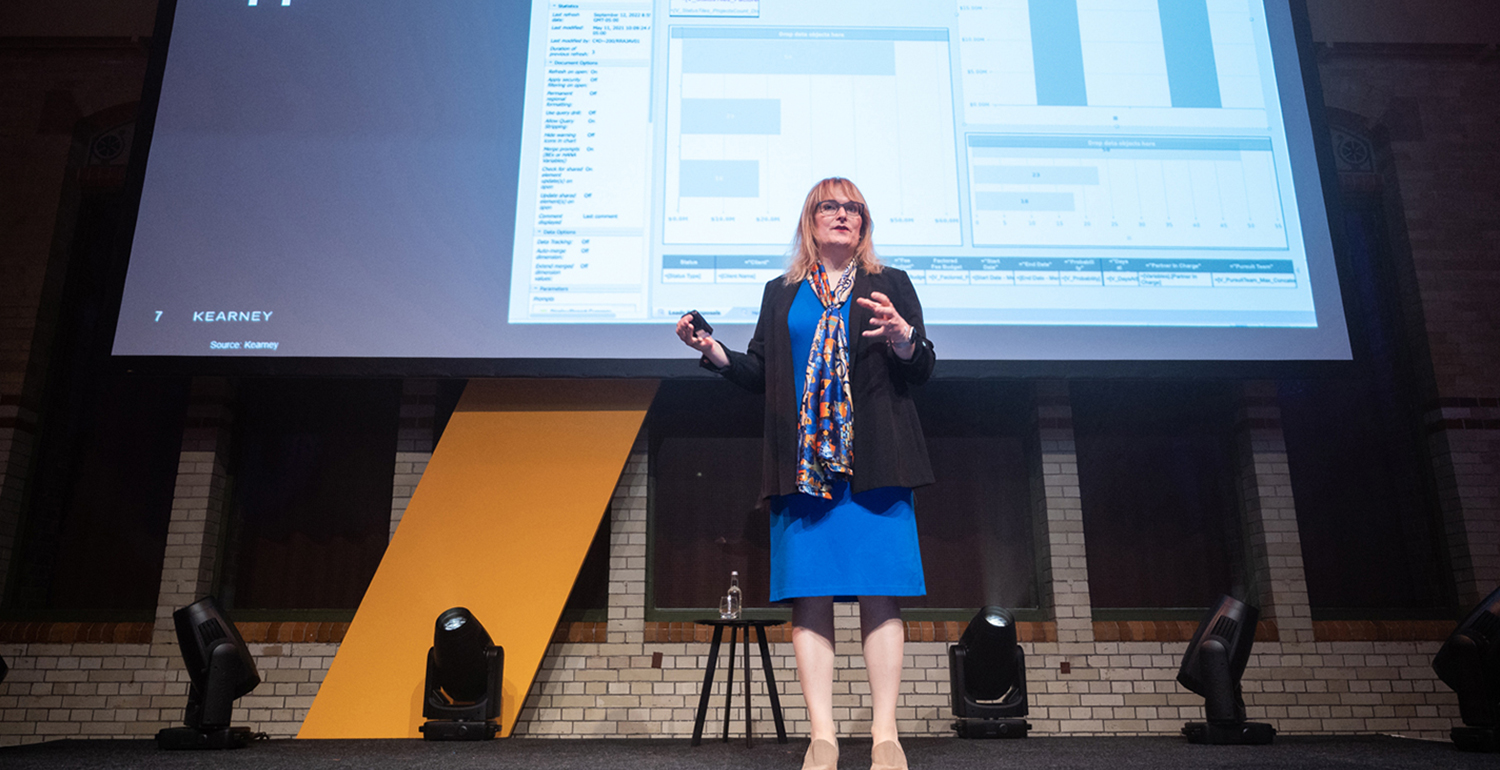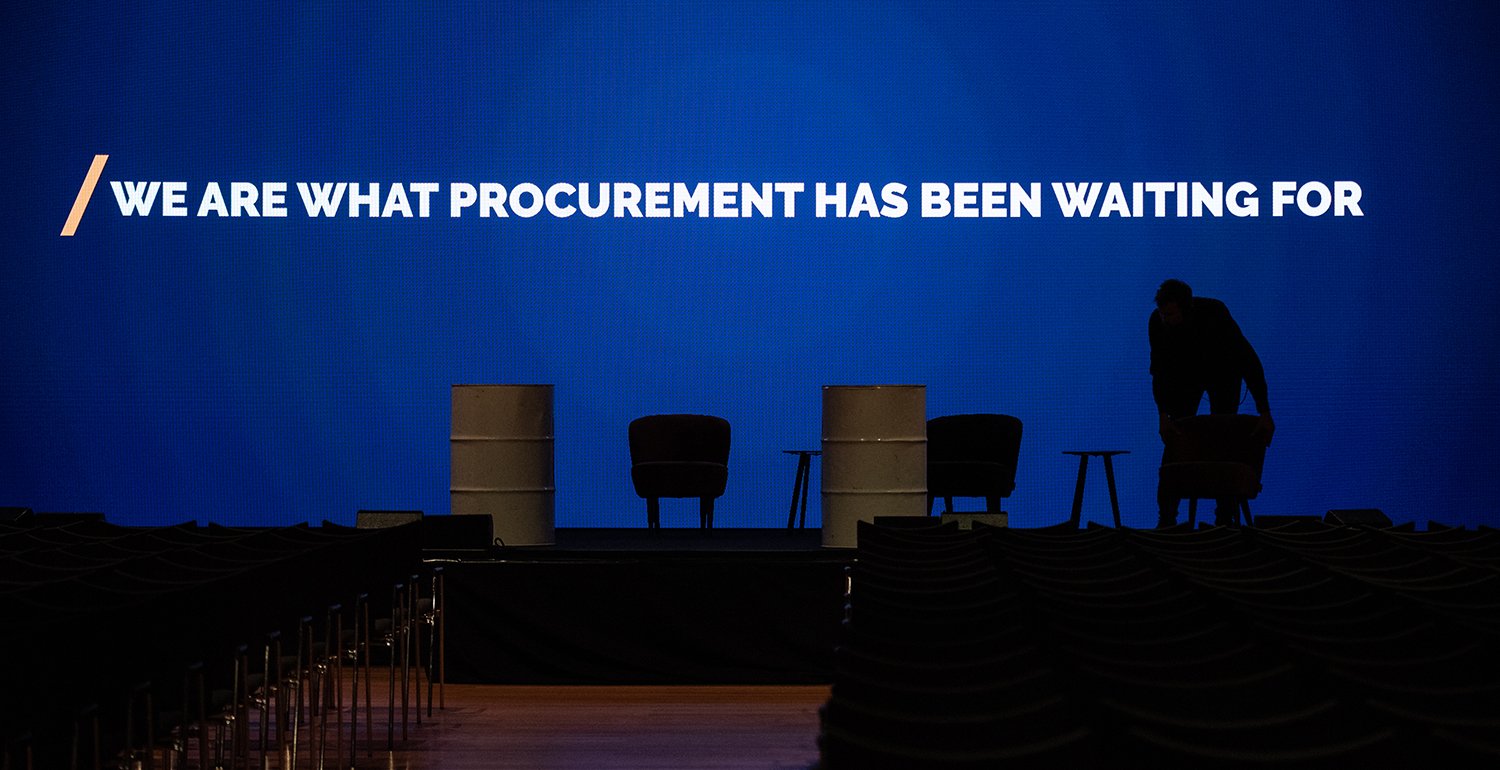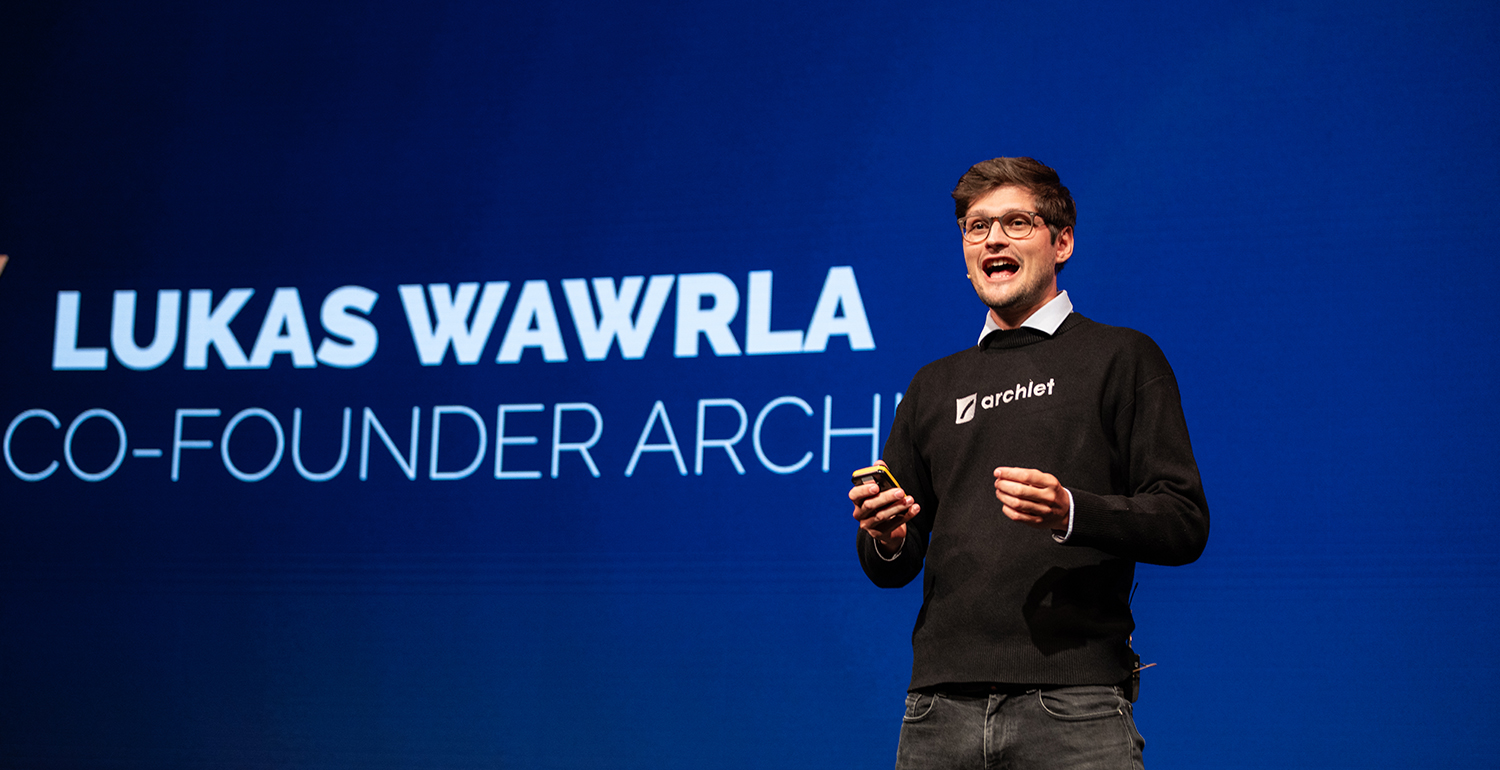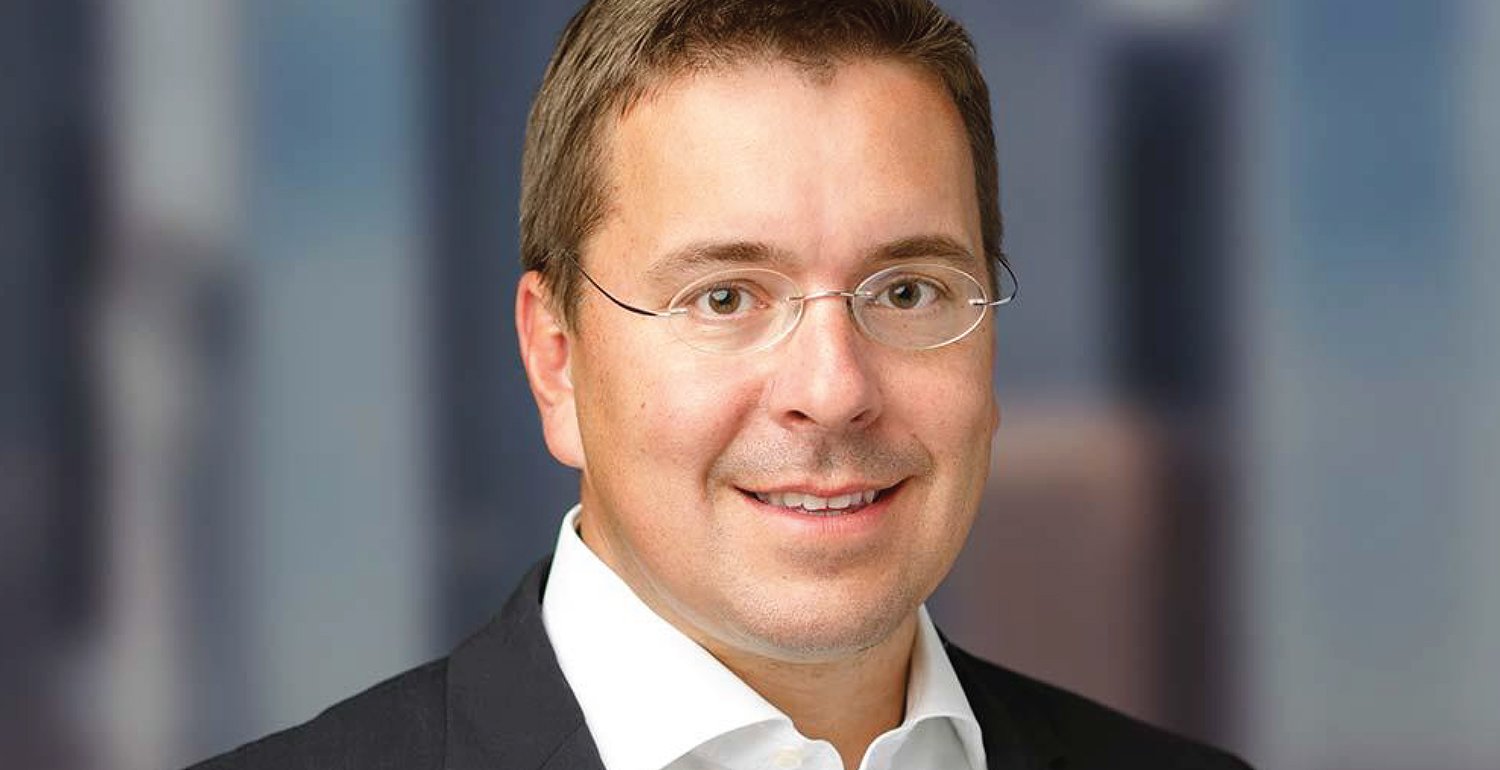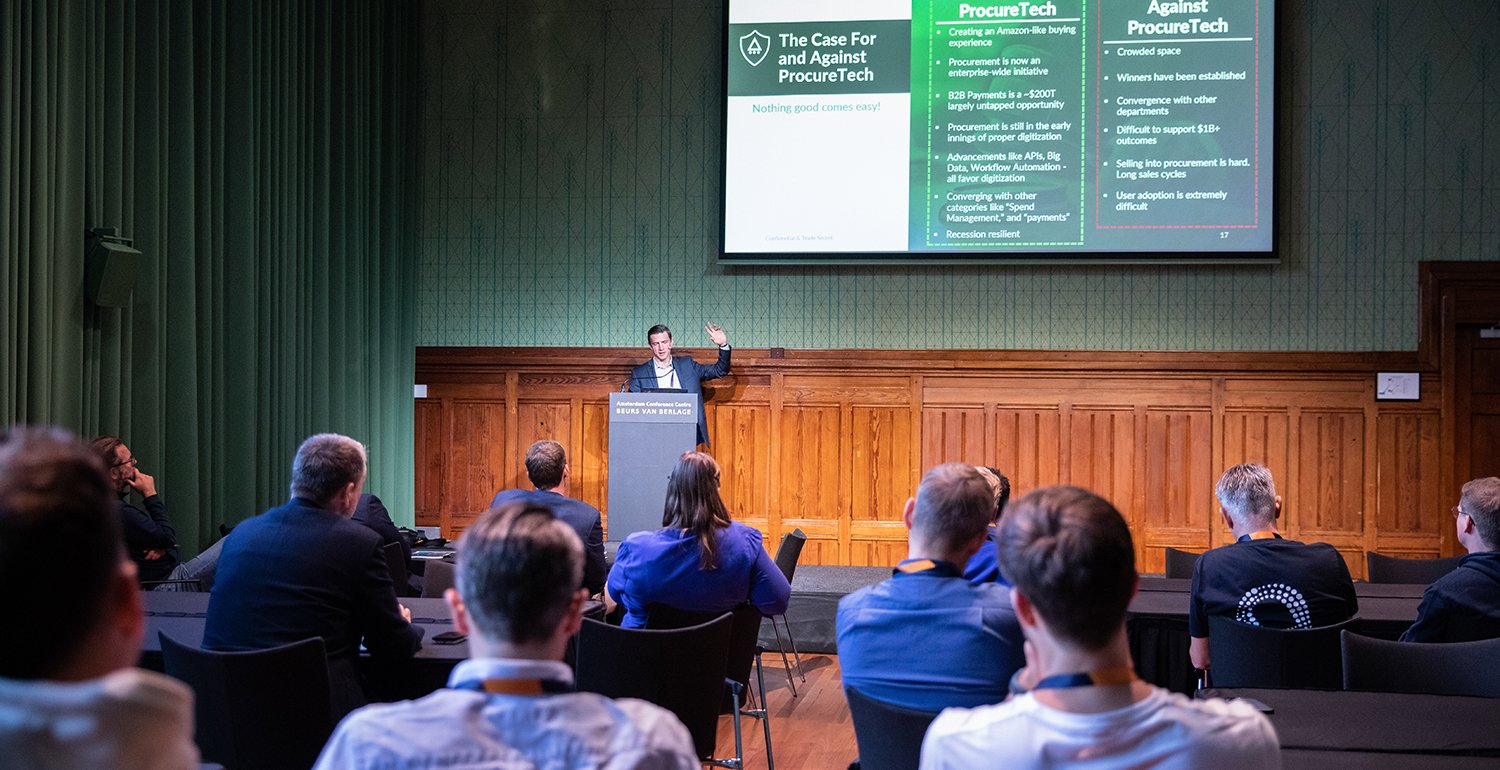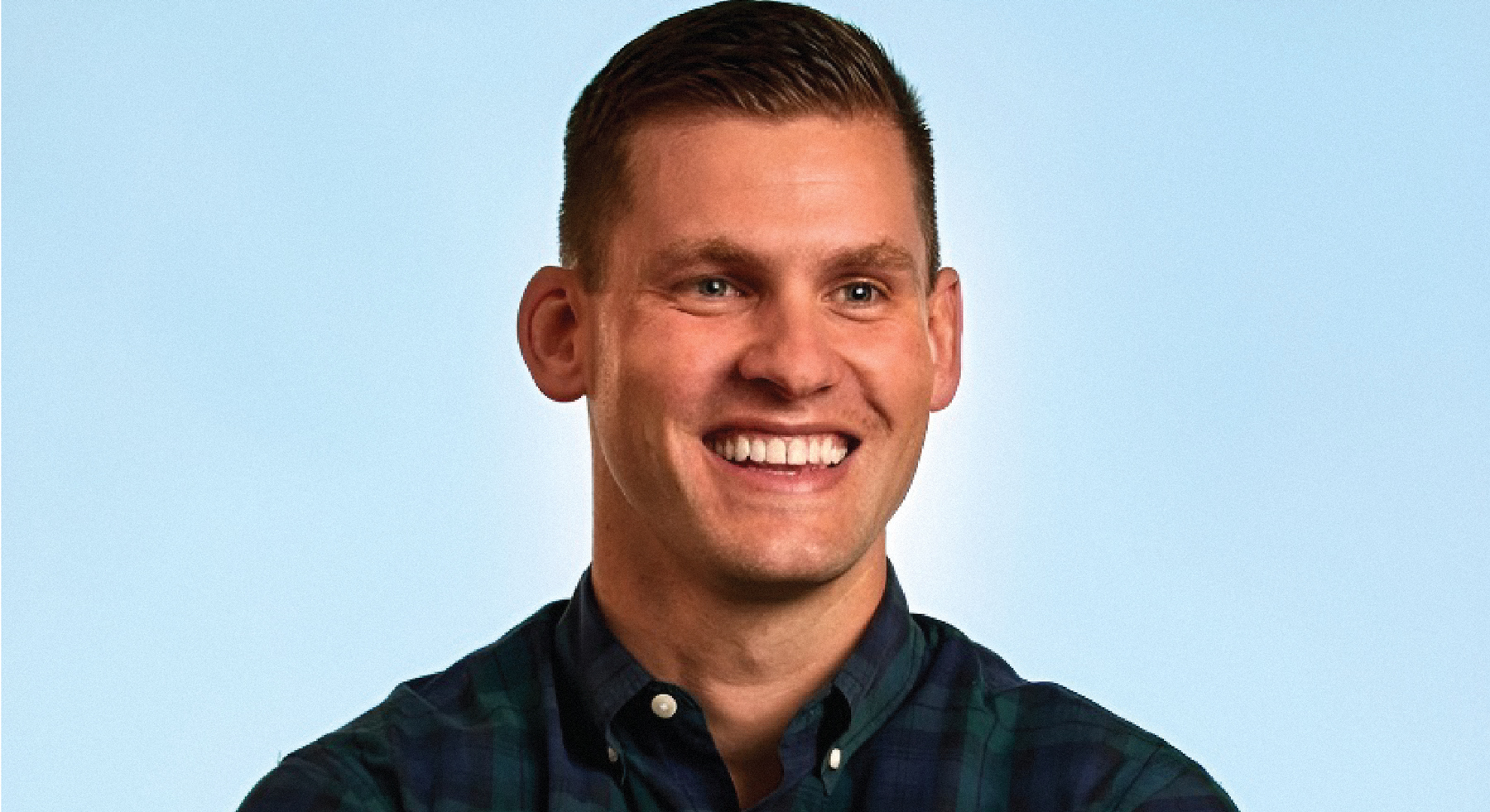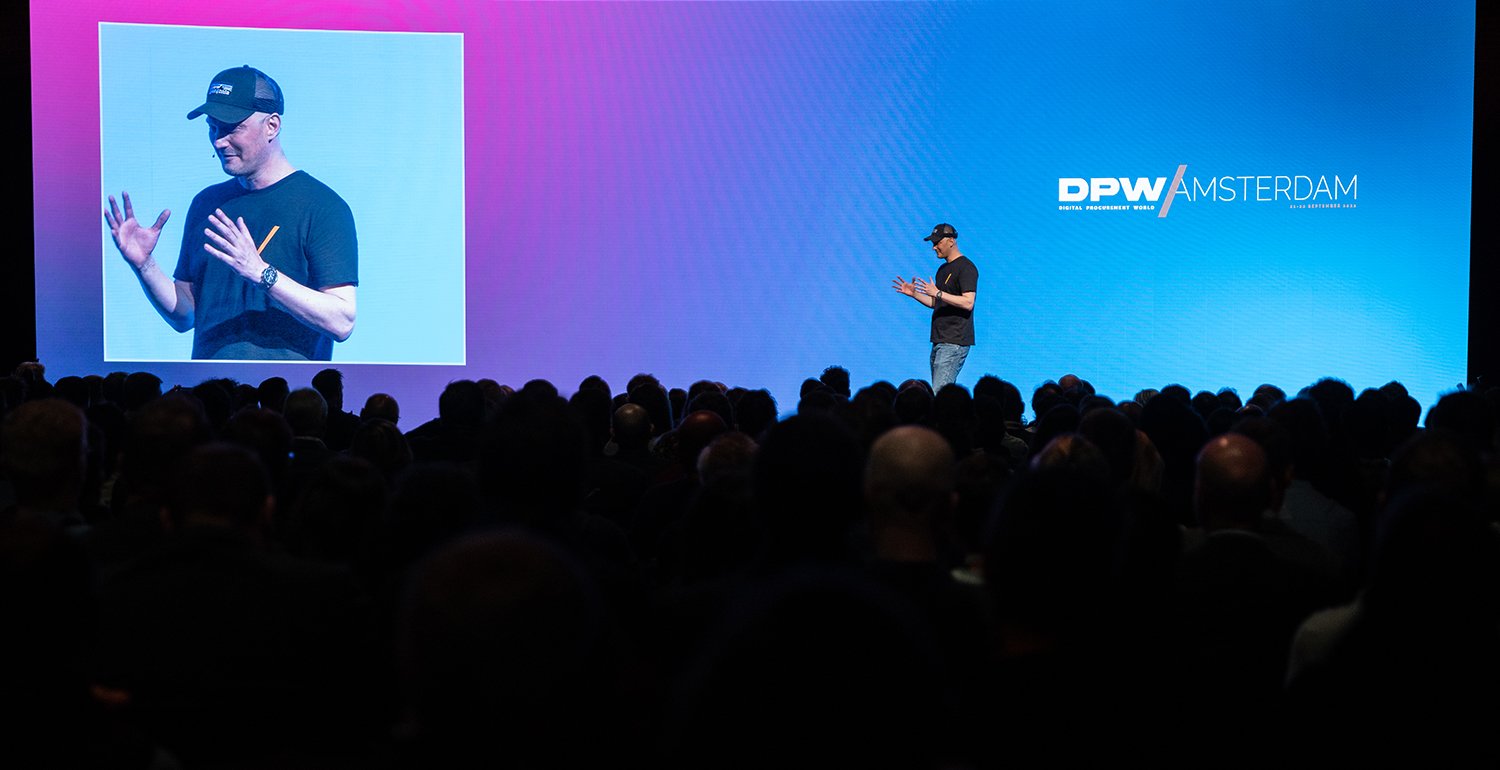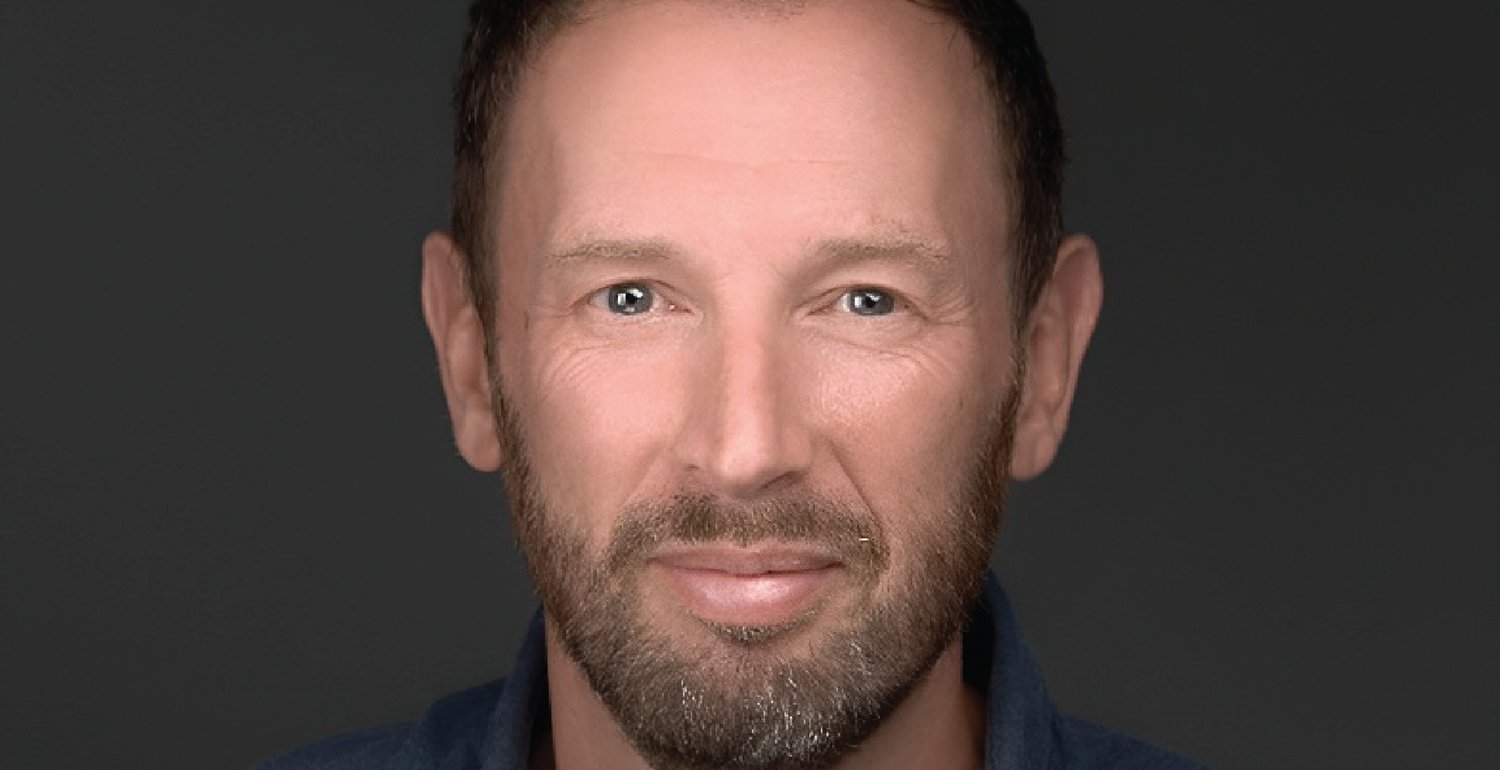
In the next of our series of interviews profiling DEMO 2022, we’re delighted to shine the light on our judges for this year’s edition, starting with Jason Nagle, California-based Director of Systems and Operations at Google.
Jason leads the Google Systems & Process team, focused on centralising and optimising procurement activities across Google. The main activities include building technology and processes that can scale to meet the demands of the organisation. A long time Googler who has worked across the Ads and Cloud business, passionate in utilizing Google’s technology to innovate across the procurement space.
How did you first get involved in procurement?
Nagle: I’m not a procurement expert, per se. I was running technology and operations teams for Google Cloud and working with FP&A (financial planning and analysis) as well as a number of other jobs. This was just a job that came from left-field really. I was given the opportunity to support the centralization of Procurement in Google and help support the onboarding of a newly hired CPO.
What was it that fired your imagination about the function?
Nagle: The operations piece didn’t really interest me at all, I just felt that the ecosystem, just generally, was bereft of any really good technology. This was about three years ago, and there were lots of piecemeal solutions for sourcing events, for planning, for creating purchase requisitions, but nothing end-to-end. I knew that the technology existed, so we started building it internally – we wanted to build this end-to-end funnel. The key for me is democratising procurement. If you look at any space today, in relation to successful companies like Stripe, and the way they’ve democratised online payments, that’s what’s crucial from my point of view. Look at Google too, its first mission was to enable people to have access to information and data.
How important is automation in all this?
Nagle: What I think we’ve seen is companies automating the sourcing piece, or the RFX piece or the upfront ingestion piece. It’s never fully end-to-end. I would love to see companies really focus on truly bringing a lay person like me through the entire procurement funnel to the point of executing. Are we getting closer to that? I think companies are getting a little bit closer to it but a lot of companies are having to re-gear themselves to build this type of technology with a UI that engages users in the right way and interprets things like taxonomy for a person in the right way. All the systems are built for procurement people, not for a person to come in and buy whatever they need with easy to use technology.
What role does data play in this process?
Nagle: All of this is really underpinned by the data that the tools and the systems can spin out. At the moment it seems to take an awful lot to aggregate data that is useful. We need to get to a point where all that data is available for an end-user to make decisions because all that data exists, it’s just that no-one is really aggregating it in a way that is super-useful in real time. All over the world people are using the tech that has been used since procurement was a profession. It’s the same companies selling it at scale and I’m not sure if they’re necessarily been nimble enough in the past, which is why forums like this, which demonstrate what entrepreneurial vision can achieve, show what can really be done.
As a judge at DEMO 2022, what will you be looking for in a successful entrant?
Nagle: Longevity in a solution is, for me, something which is really important. As is the useability of that solution too. That’s a prerequisite. What end-value does an end user derive from this tool or system and what can be built on it? A lot of technology can be built with a start and end point in mind. In today’s world it’s all about building technology with a starting point that you can see growth in. It needs to be adaptable, nimble software that has the ability to connect to multiple other services.
What does it take to be a successful entrepreneur?
Nagle: It’s very hard to be an entrepreneur, or somebody who wants to solve a problem without having that passion for solving it. Normally, the entrepreneurial types are people who are driven by their passion. I think it’s the same for all of us, right? You’ve got to have a passion for your job or the company that you’re working for. You have to have something you believe in, otherwise it’s incredibly hard to get up for work in the morning. I think that’s particularly true in the early stages of developing a company, a solution or an idea. If you meet people during this stage then their passion is often absolutely ferocious. You can feel it coming from them as they speak.
DPW will be an in-person event in 2022, is there a pent-up appetite for that after two years of video conferencing and virtual events?
Nagle: There’s absolutely no doubt about that. I’ve been fortunate enough to live in California, where there’s lots of open space to get out and about, and the weather has been good. But there’s no doubt that magic things happen when you bring people together. You have an ability to connect and to debate things when you’re a room with that person. It’s very hard to read someone on a video call. When you’re in a room, you can also live off the energy that everyone else has. I was in the office last week with about 10 other people and it seemed like we had only been there for a couple of hours discussing ideas. It had actually been about six hours. The whole day had completely flown by. People are craving that.
Thanks, Jason. Just finally, can you give us one fun fact about yourself?
My entire family – me, my wife and our two children – were all born in different countries and all have different passports!




